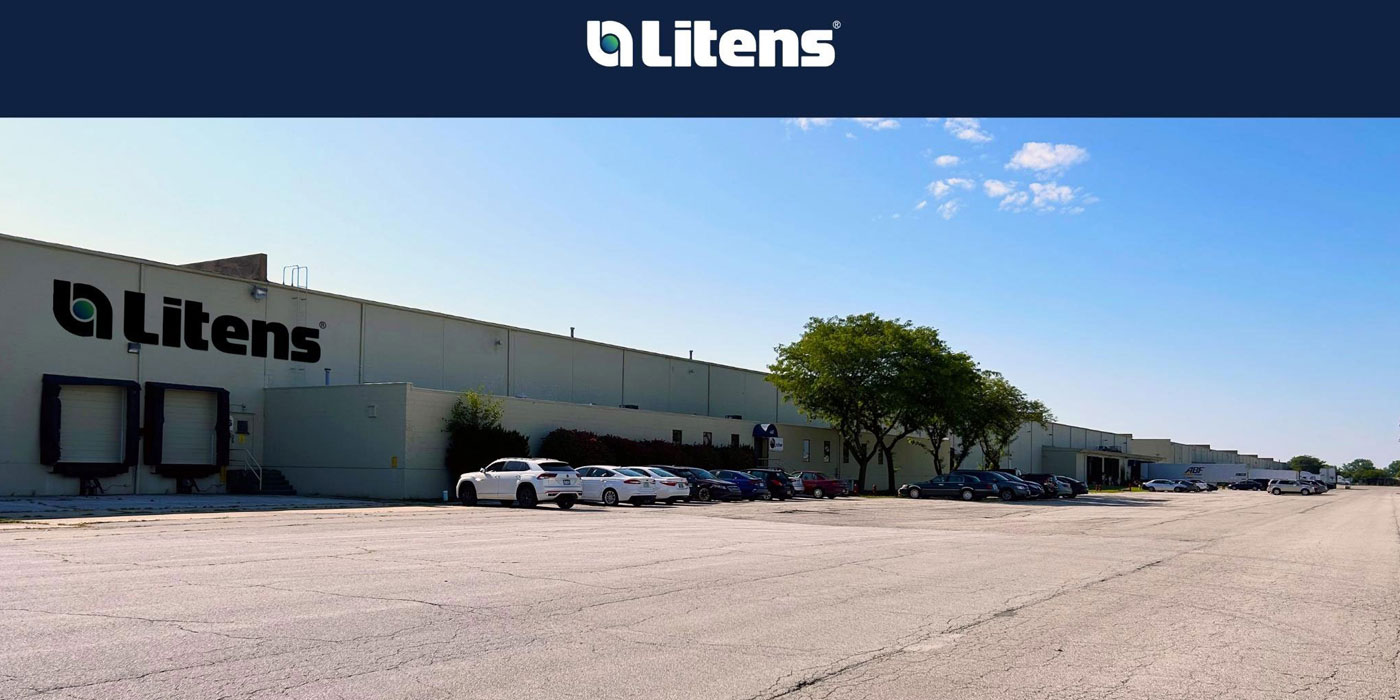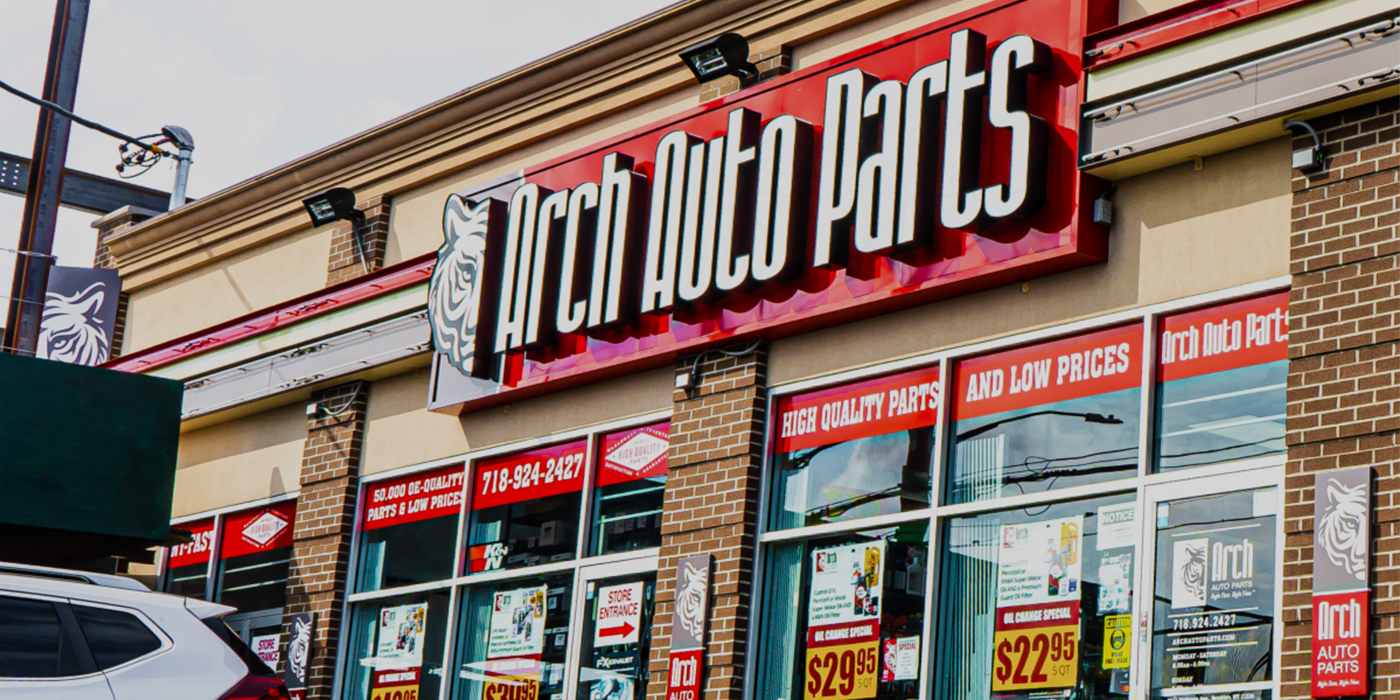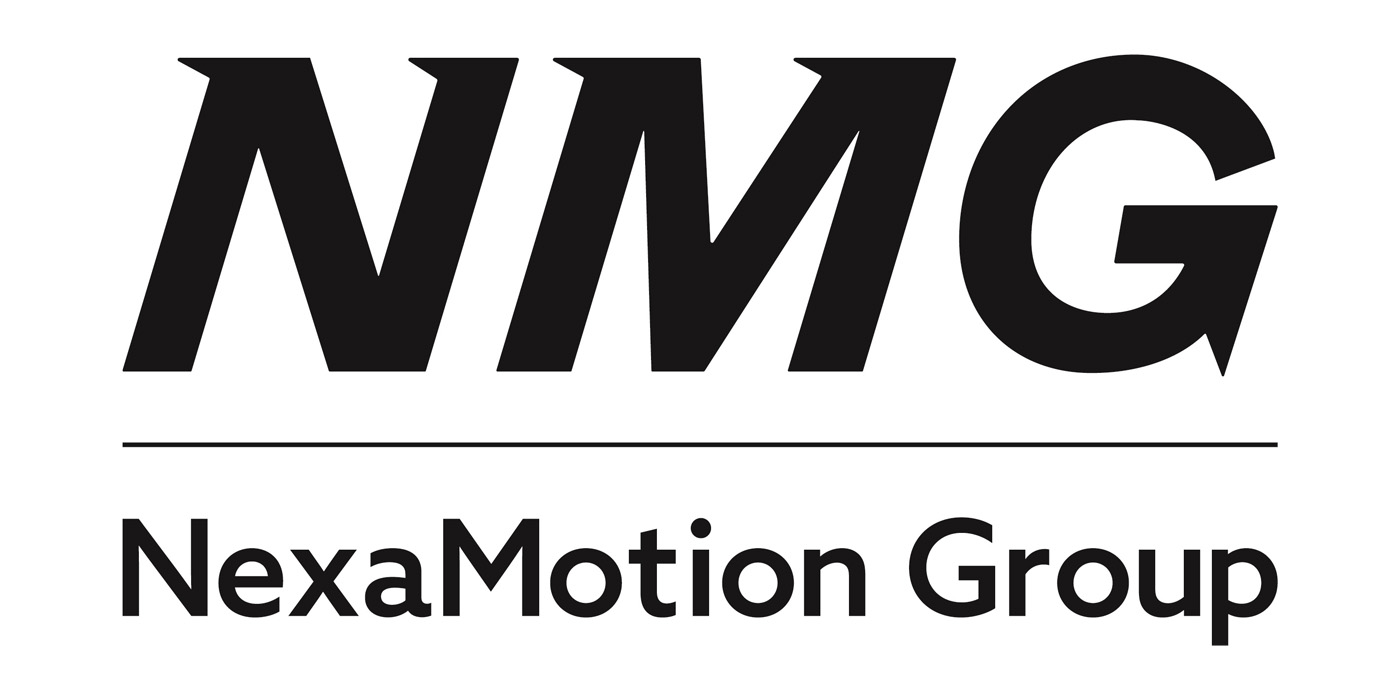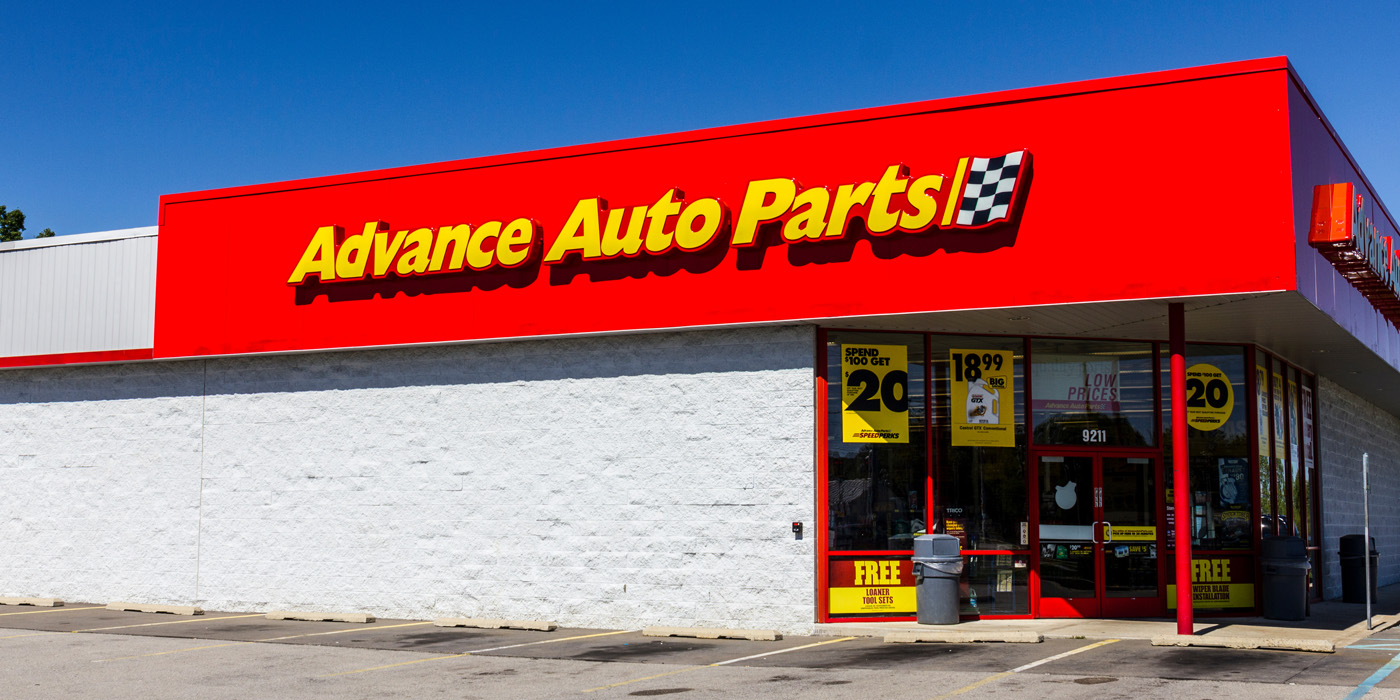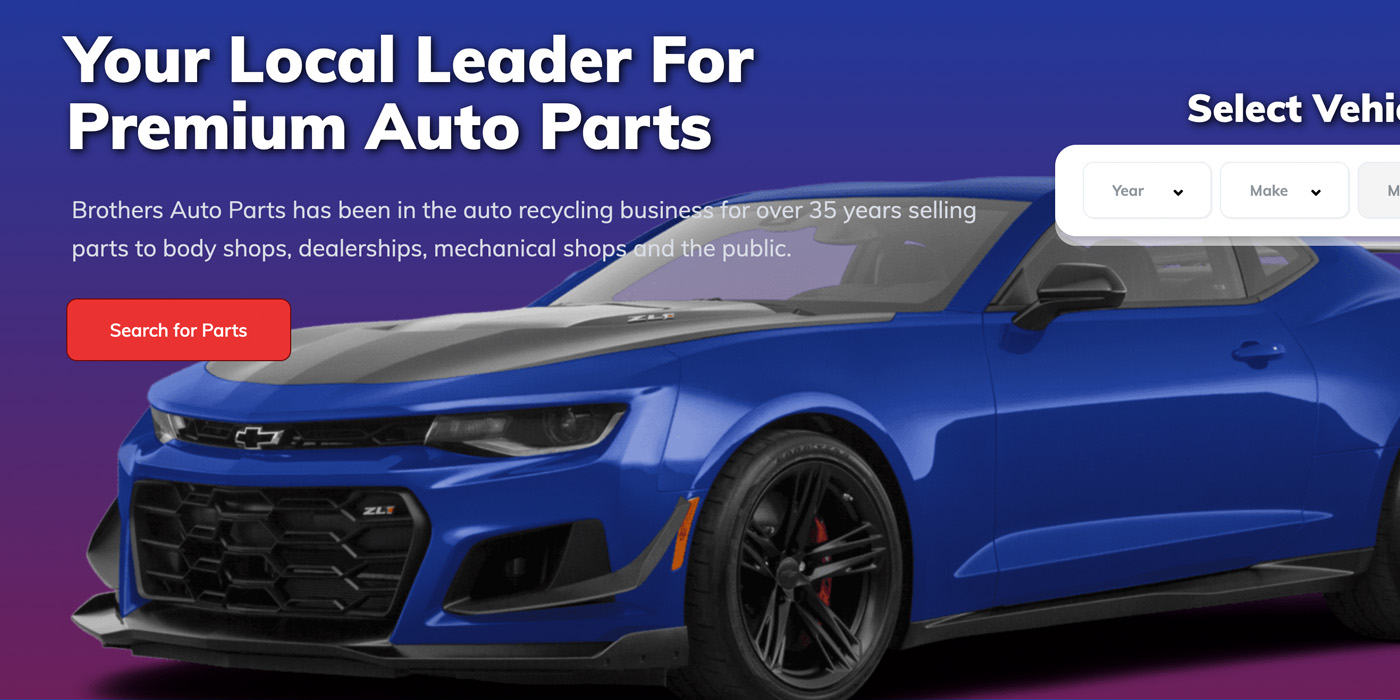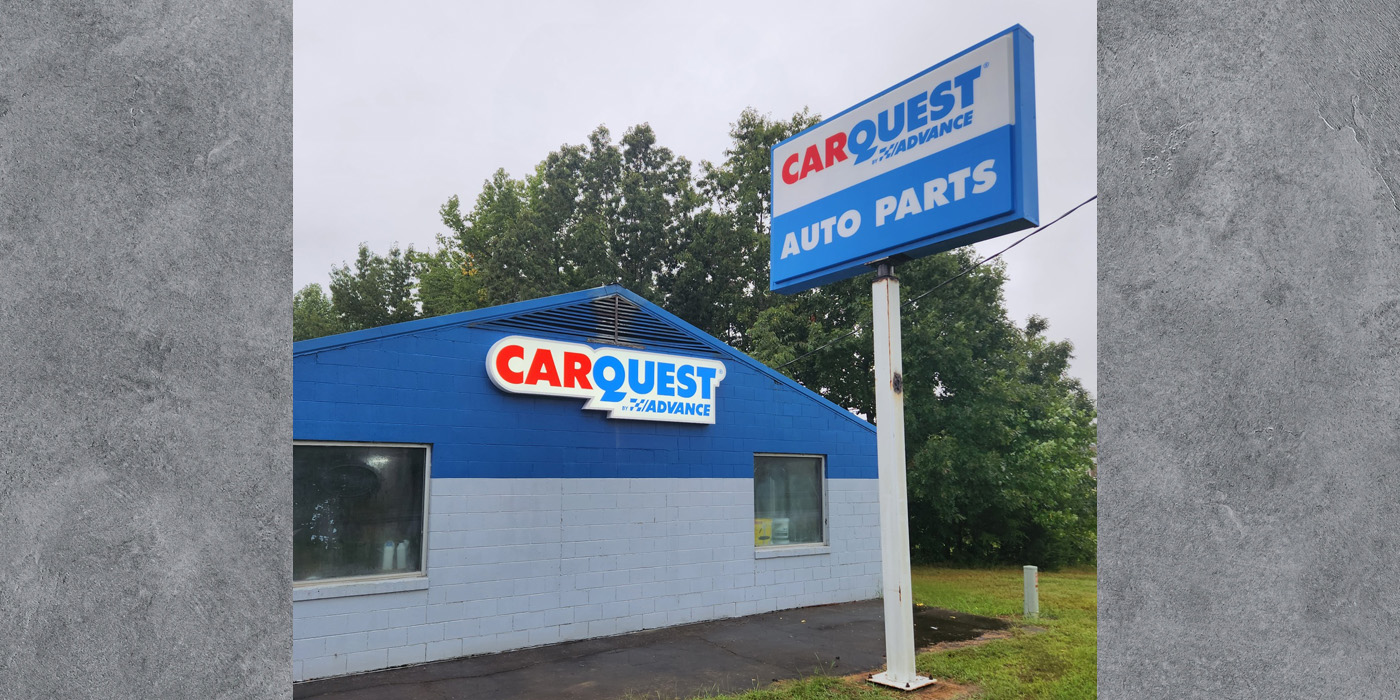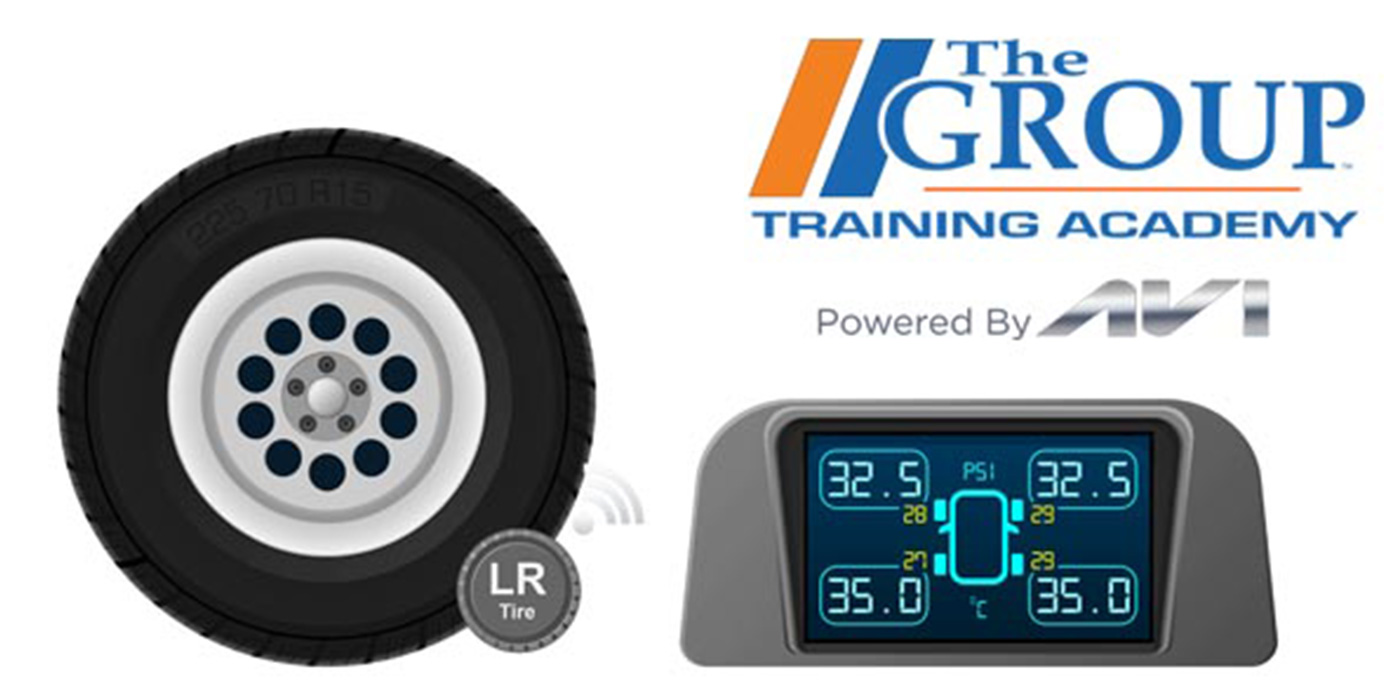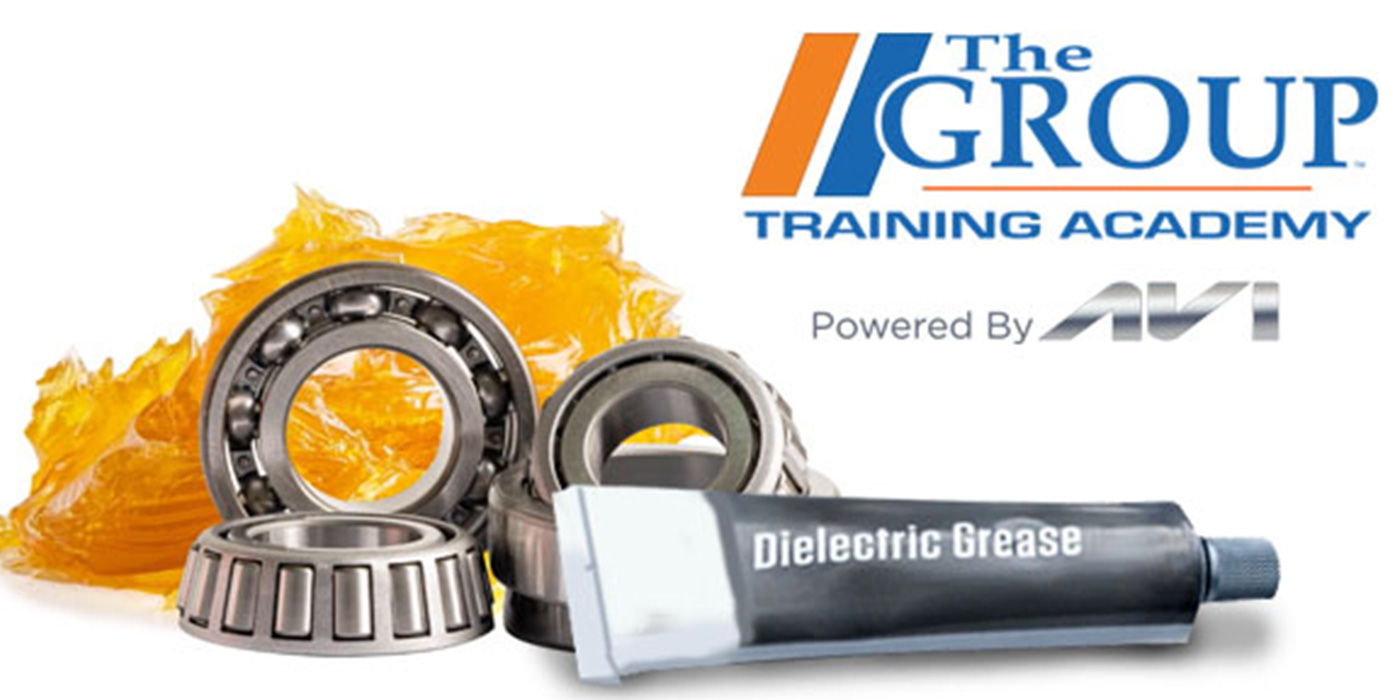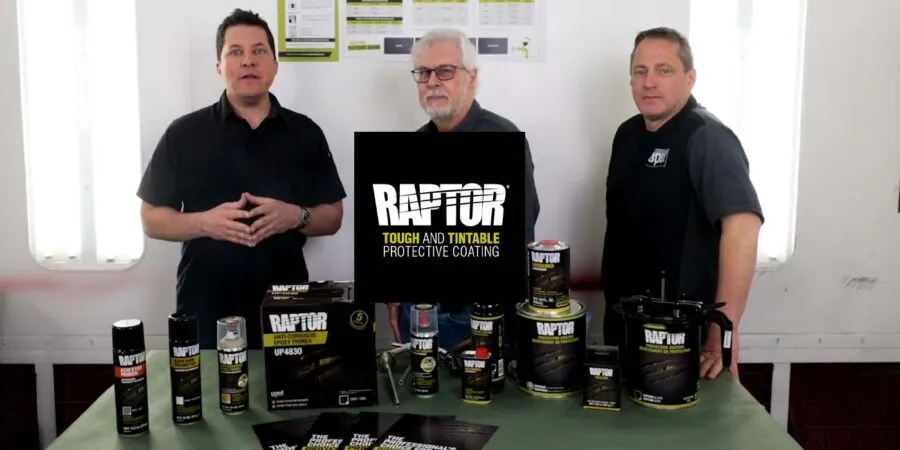ost of our workdays are spent typing and mouse-clicking our way through hundreds of parts requests and catalogue prompts, and we rely heavily on computers for most aspects of our daily operations. Think of the last time your store’s internet or server network went down. Catalogue and inventory information, ordering and receiving functions, invoice printers, driver dispatch and order tracking, and even time clock access are all crippled when the plug gets pulled. Chaos ensues, and if there is no backup plan in place, work grinds to a halt. Depending on corporate policy, you may even have to close the doors until you are back up and running.
Even when our computers are running at peak efficiency, the quality of the information we feed into the system has the potential to create a snowball effect of errors, wasting time, personnel resources, inventory dollars, and, ultimately, disappointing our customers. The phrase “garbage in, garbage out” dates to the early days of the computing industry and is a simple way of recalling that no matter how far information technology has progressed in the past 75 years, we still need to capture the correct information to begin that automated process successfully.
It all begins with the customer. We rely on them to present us with the basic vehicle and diagnostic information required to catalogue the correct parts, but once we take control of the process, we still need to maintain the integrity of that information. Asking the right questions, following relevant prompts, and verifying options that differentiate similar products lead to successful sales and reduce the number of returns.
When you call the parts department at your local OEM dealer, their initial reply is often to ask for the last eight digits of the VIN. That (relatively) simple bit of information serves to eliminate a lot of these errors, identifying the vehicle and all its individual options. It eliminates multiple questions that must be asked (and correctly answered) to lead the parts specialist to the appropriate listings. This reduces the margin for error, but certainly does not eliminate it altogether. Just as a customer might misquote their vehicle descriptors, the customer may misread or misspeak the VIN information, or the parts specialist might write it down incorrectly. It is also a good practice to keep accurate notes (on paper) to keep track of previous calls and orders. These notes also may help your coworkers get up to speed if they need to take over for you with a customer, so legible handwriting counts! Complete notes will help refresh your memory in the event of a comeback or complaint, and may come in handy if you are asked to explain what went wrong with a particular transaction.
I prefer to repeat a customer’s information back to them, showing that they have my full attention and confirming that what I think I heard is what they believe they asked for. They should not have to repeat themselves, but confirmation is critical at this point in the process. It is certainly better than getting through an entire transaction before realizing the customer who just told you they drive a “Cherokee” is now busy loading their parts order into the back of a GRAND Cherokee!
Incorrect information anywhere within the conversation can skew the results, and guessing at vehicle identification or options is a recipe for returns. Occasionally, we can skip through irrelevant screen prompts, or even bypass the computer altogether when we know something by heart, but when in doubt, ASK THE QUESTION! We may not be able to prevent our customers from guessing at critical answers, or even from giving us inconsistent information, but we are able to limit the amount of “garbage” that we feed into our computer on our customer’s behalf.
When we do encounter a legitimate catalog error, we shouldn’t just blame the computer. In these cases, the “garbage out” is the result of an error (likely made by another human) that was fed into the database. The computer is just repeating the answer it was programmed to give based on the information requested. It is important to report these errors so that the catalogue provider can investigate the error and make any necessary corrections quickly.


